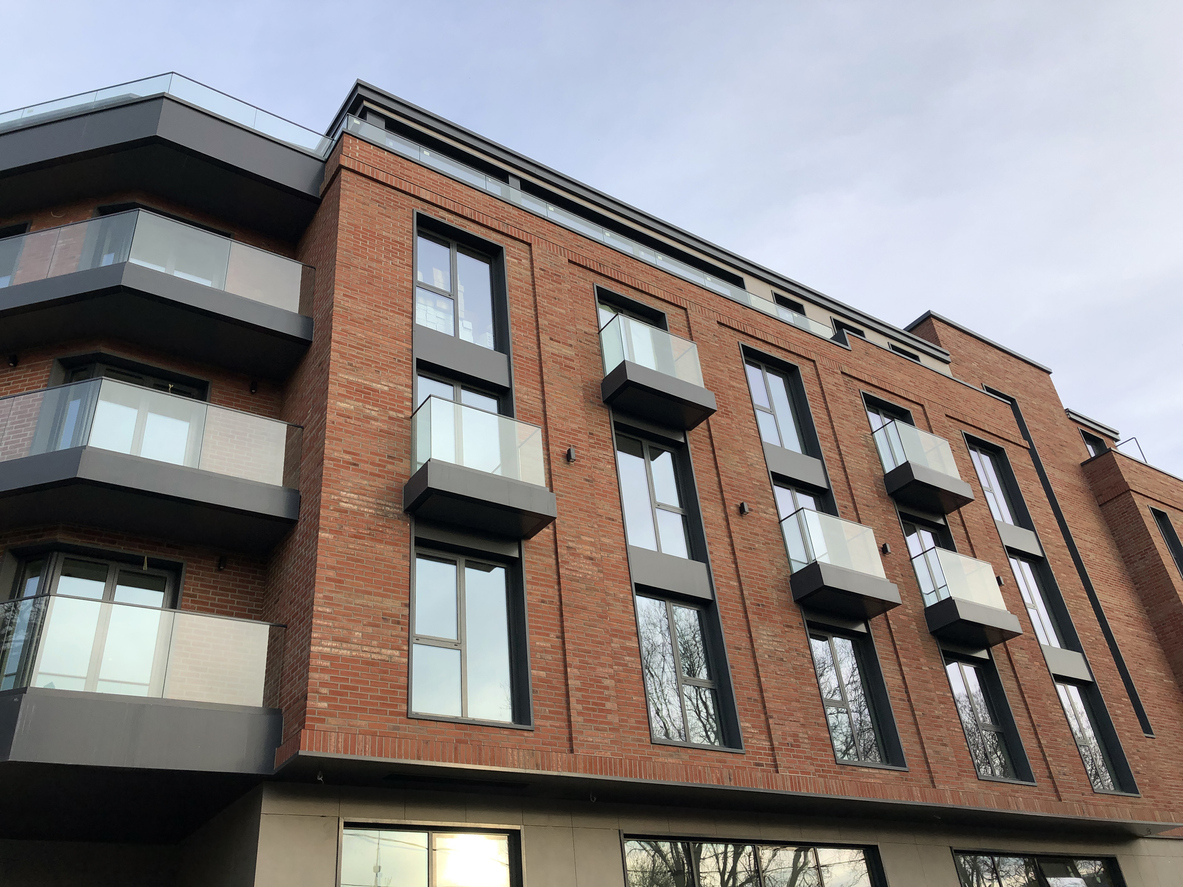Do New Build Houses Lose Value? A Comprehensive Analysis
Introduction
Investing in new build houses can offer numerous advantages, such as modern amenities, energy efficiency, and low maintenance costs. However, a common concern among potential buyers is whether new build houses lose value after purchase. This guide explores the factors affecting the value of new build houses, potential depreciation, and how Fraser Bond can assist you in making informed investment decisions.
Factors Affecting the Value of New Build Houses
Initial Premium Pricing
Higher Purchase Price
- Market Positioning: New build houses often come with a premium price due to their modern features and the allure of being the first occupant.
- Developer Margins: Developers typically include their profit margins in the sale price, which can inflate initial costs.
Location and Market Trends
Long-Term Value
- Desirable Locations: New builds in high-demand areas or with good transport links tend to retain or appreciate in value.
- Market Conditions: The overall property market trends and economic conditions significantly influence property values.
Quality of Construction
Build Standards
- Materials and Workmanship: The quality of construction materials and workmanship impacts long-term durability and value retention.
- Developer Reputation: Properties from reputable developers with a history of quality builds are likely to hold their value better.
Supply and Demand
Market Saturation
- Local Supply: An oversupply of new builds in a particular area can lead to slower value appreciation or depreciation.
- Demand Dynamics: High demand for housing in an area supports value retention and growth.
Initial Depreciation
Short-Term Value Changes
- Like New vs. New: Similar to new cars, new build houses may experience short-term depreciation after the initial purchase as they are no longer "brand new."
- Buyer Perceptions: Subsequent buyers may perceive less value in a home that has already been occupied, even if only briefly.
Potential Depreciation of New Build Houses
Short-Term Depreciation
Immediate Impact
- Market Adjustment: New build houses often face a short-term depreciation, typically within the first few years, as the initial premium wears off.
- Comparable Sales: Future resale prices are influenced by the prices of comparable, older properties in the area.
Long-Term Value Trends
Recovery and Appreciation
- Market Recovery: Over time, new build houses can recover their value, especially in growing markets.
- Renovations and Upgrades: Continuous maintenance and potential upgrades can enhance the property's value over the long term.
Mitigating Depreciation Risk
Choosing the Right Location
Strategic Investment
- High-Growth Areas: Focus on locations with strong growth potential, infrastructure development, and high demand.
- Amenities and Schools: Proximity to good schools, amenities, and transport links boosts property desirability.
Researching Developers
Ensuring Quality
- Reputable Developers: Invest in properties built by developers with a strong track record of quality and reliability.
- Warranty and Guarantees: Ensure the property comes with adequate warranties and guarantees for peace of mind.
Timing the Market
Optimal Purchase Timing
- Market Conditions: Buy during market dips to maximize long-term appreciation potential.
- Incentives: Take advantage of developer incentives and government schemes that can reduce initial costs.
Maintaining the Property
Long-Term Upkeep
- Regular Maintenance: Keep the property in good condition through regular maintenance and necessary repairs.
- Modernization: Consider periodic updates to align the property with current market trends and buyer preferences.
How Fraser Bond Can Assist You
Expert Guidance
Comprehensive Support
- Market Analysis: Provide detailed market analysis to identify high-growth areas and potential investment opportunities.
- Developer Research: Assist in researching developers to ensure quality and reliability.
Financial Advice
Maximizing Investment
- Budgeting: Help create a budget and financial plan for purchasing and maintaining new build properties.
- Investment Strategy: Offer advice on timing and market conditions to maximize your investment returns.
Property Management
Efficient Operations
- Management Services: Provide property management services to maintain the value and condition of your investment.
- Renovation Support: Assist with planning and executing renovations to enhance property value.
Contact Fraser Bond to learn more about how we can assist you in making informed decisions about investing in new build houses.
Conclusion
While new build houses may experience short-term depreciation due to initial premium pricing, their long-term value is influenced by various factors such as location, market trends, and build quality. By conducting thorough research, choosing the right location, and maintaining the property, you can mitigate depreciation risks and ensure a profitable investment. Fraser Bond offers comprehensive support to help you navigate the complexities of investing in new build houses, ensuring a smooth and successful investment journey. Contact us today to discuss your needs and find out how we can assist you.
Explore New Build Property Investment Opportunities with Fraser Bond: Learn More



